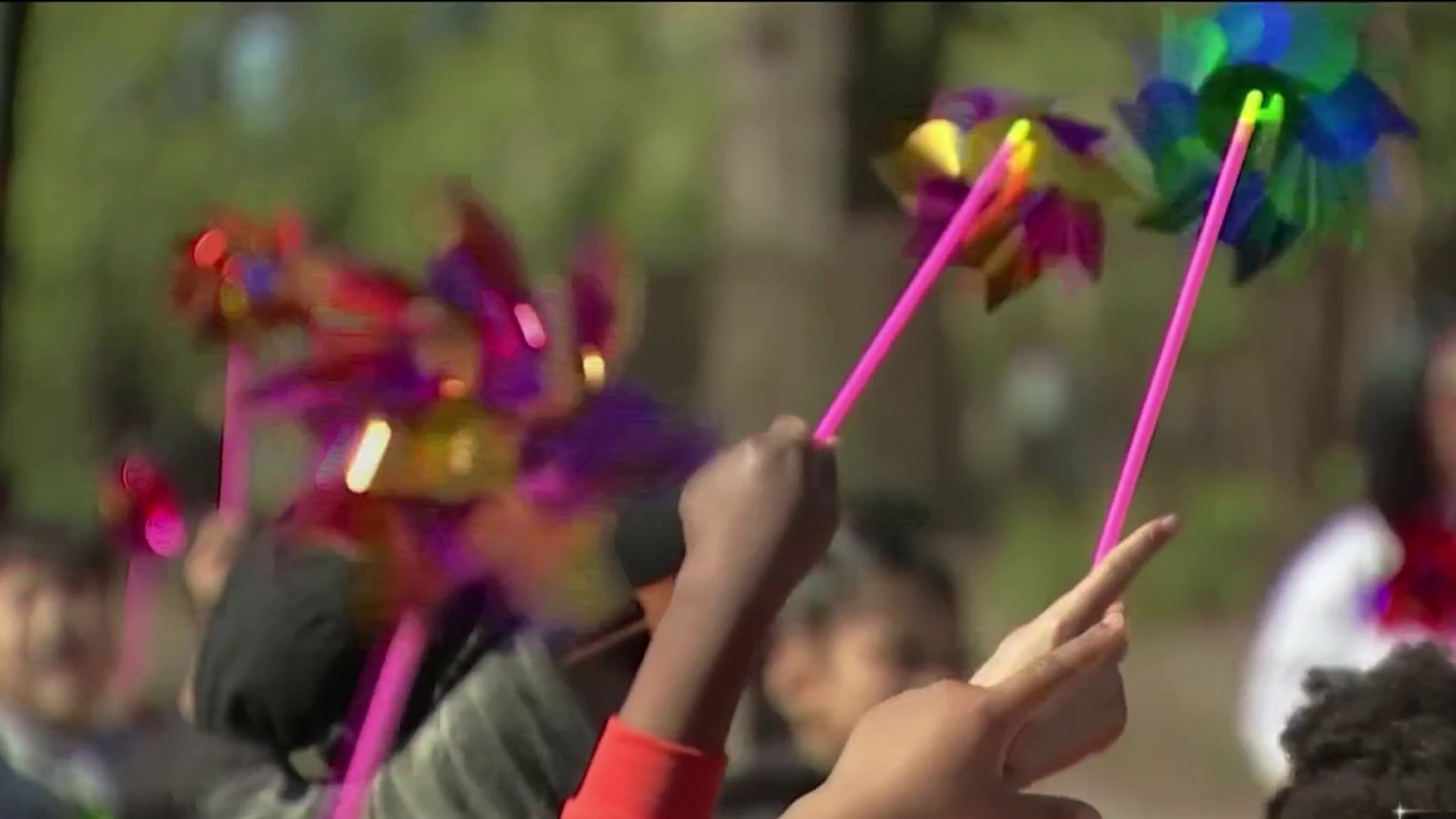Heading to the airport and going through checking in, waiting in line at security and finding your gate can be stressful as it is. Now, throw COVID-19 into the mix.
As you start to plan a much-deserved vacation, make sure you’re paying attention to testing requirements set by your airline -- or the result could be a huge bill or canceled trip.
Joy Moore had booked a trip overseas to visit family in Nigeria. The Philly-area resident planned to fly with her 13-year-old daughter out of JFK Airport.
Moore saw that her airline required PCR COVID tests prior to the flight, but she didn’t notice the rules about how close to the travel date the specimen must be collected.
Get Philly local news, weather forecasts, sports and entertainment stories to your inbox. Sign up for NBC Philadelphia newsletters.
“It didn’t occur to me that it has to be three days with the time the test was taking the specimen,” Moore told NBC10 Responds.
The airline would not accept her or her daughter’s tests, which were taken six days prior to the flight. Instead they directed her to a testing facility inside of JFK Airport.
Moore says she went to the kiosk for Adams Health Services and told them she needed two PCR tests. The cost: $798.
Local
Breaking news and the stories that matter to your neighborhood.
“It wasn't easy for me to count the money I gave them because I know this is what I had on me to get me through the trip and come back,” Moore said.
She reluctantly handed over the cash, and got swabbed. Then she waited for the results. Even though Moore and her daughter got quick-turnaround tests at the airport, it took more time than they planned for, and they missed their flight.
Not All Tests are Created Equal
When you go for a COVID-19 test, you may be presented with several options, including PCR tests and antigen tests. So what’s the difference? And how do you know which one to get?
“All tests are not created equal. There are definitely ones better than the others,” said Dr. Seth Rosenbaum, an infectious disease expert and Chief Medical Officer at Robert Wood Johnson University Hospital Hamilton.
The PCR test "has upwards of ninety eight percent sensitivity, meaning that it's a two percent possibility of you having a false negative. More often than not, it will give you the correct diagnosis.” Rosenbaum said. “The antigen test has upwards of a 20 percent false negative rate."
That means even if you test negative, you still have a 20 percent probability of having the virus.
Some airlines only accept PCR test results, something Adams Health Services says it can provide within an hour.
“We always tell the clients, our customers, to keep in touch with the airline. ... Maybe you need antigen. Maybe you need to take PCR,” said Janine Aranya of Adams Health Services.
The test costs range from $179 for an antigen test, to the expedited PCR test which costs $399, according to the company.
No Cap on Testing Costs
Joy Moore and her daughter received PCR tests for free when they went to a community health center. They were charged $798 for two PCR tests at the airport. So why the drastic difference in the costs?
The CARES Act did not set a cap for COVID-19 testing prices. “That's why you may well see such a broad range of amounts being charged,” said Dr. Abbie Leibowitz of the consumer group the Health Advocate.
Speaking of FDA approved tests, he said, “under the CARES Act individuals have no financial responsibility out of pocket to pay for COVID testing.” That is, if you have health insurance.
How to Get Reimbursed
If you’re in a situation like Joy Moore and her daughter and shell out hundreds of dollars for COVID testing, Dr. Leibowitz says you may ask your health insurance company to reimburse you. Visit the website of your health plan and download a member reimbursement form.
“You would attach copies of your receipt, and you would attach a copy of the printed result of the test form that you got that shows that there was a test that was done,” says Dr. Leibowitz.
What If I Don't Have Health Insurance?
If you don’t have health insurance, you cannot be reimbursed for your out-of-pocket testing costs. This means you’ll have to do some research and planning on the front end.
Dr. Leibowitz suggests searching for state supported clinics in your area. Many of them provide tests for free. You can find the websites for testing sites in Pennsylvania, New Jersey, and Delaware here.
Before Heading to the Airport
Make sure you’ve researched your airline’s COVID-19 testing requirements before you head to the airport. If you are flying internationally, you will almost certainly need a test. Make sure the test was taken within the timespan required by the airline.
And if you plan to get tested at the airport, map out where the nearest testing site is to your terminal, and give yourself extra time -- so you don't miss a flight, as Moore and her daughter did.




